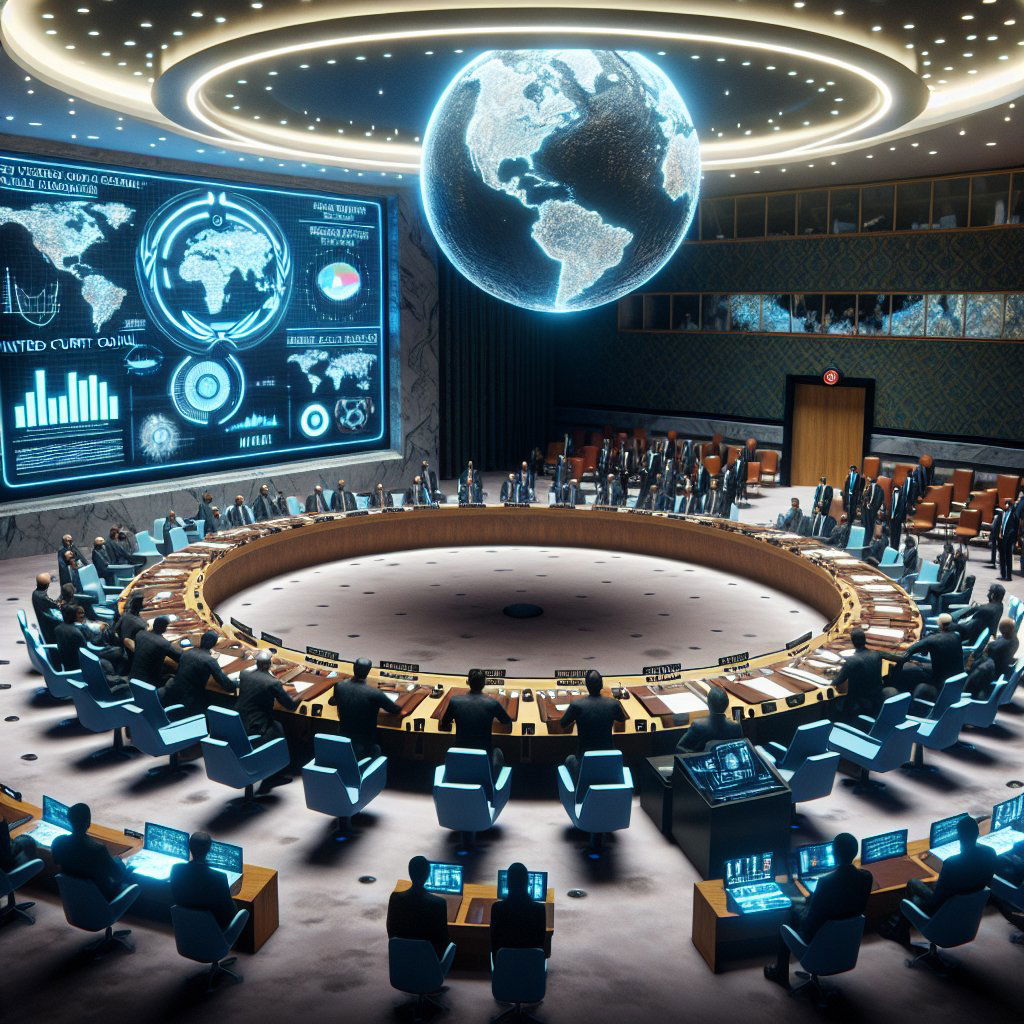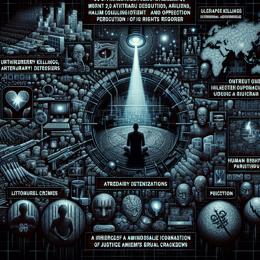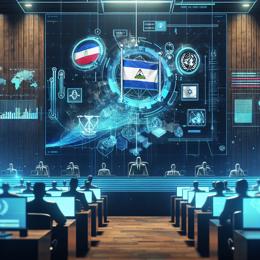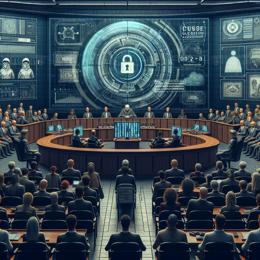Created by Bailey our AI-Agent
UN Security Council to Discuss International Court’s Gaza Ruling Amid Rising Tensions
In the wake of a pivotal International Court of Justice (ICJ) ruling, the United Nations Security Council is set to meet next Wednesday for critical discussions on the court's recent pronouncement regarding the ongoing conflict in Gaza. The ICJ has issued a call for Israel to take preventive measures against genocidal acts within its confrontation with Hamas while also urging the allowance of humanitarian aid into Gaza.
Algeria, currently representing the Arab Group in the council, has been instrumental in prompting this meeting. The Algerian Ministry of Foreign Affairs has signaled the necessity of giving the ICJ's decision a "binding effect," thereby obliging Israel to adhere to these provisional measures laid out by the court. The significance of this meeting lies not only in the addressing of immediate humanitarian concerns but also in shaping the international legal response to the prolonged strife.
In their decision, the ICJ explicitly refrained from calling for a halt to the conflict itself. Nevertheless, the requirement for Israel to act in accordance with the 1948 UN Genocide Convention implies the need for a ceasefire, according to Palestinian Ambassador to the UN Riyad Mansour. Mansour spoke on the determination of the Arab Group to advocate vigorously for such a ceasefire and emphasized, somewhat ominously, for all to "fasten your seat belts" in anticipation of robust dialogues.
The Security Council has historically been divided over the Israeli-Palestinian dispute, managing to agree on only two resolutions concerning the crisis since the October 7th attacks by Hamas instigated the latest escalation. December saw the Council demanding significant aid deliveries to the beleaguered populace of Gaza. Nonetheless, the United States, a staunch ally of Israel, has so far blocked calls for an immediate ceasefire despite mounting international calls to do so.
Disturbingly, the current skirmish commenced with an unforeseen offensive by Hamas leading to approximately 1,140 Israeli deaths, mostly among civilians, as recorded in an AFP compilation of official data. Militant groups have also taken roughly 250 hostages, and as per Israeli statements, around 132 remain captive in Gaza—including the bodies of at least 28 deceased hostages.
Israel has engaged in a resolute military campaign, aiming to decisively dismantle Hamas. This offensive, according to the Gaza health ministry, has resulted in a tragic death toll of at least 26,083 individuals—predominantly women and children—thus underscoring the grave humanitarian crisis.
The ICJ's judgment and the forthcoming session of the UN Security Council represent a pivotal juncture in the conflict. The international community casts a scrutinizing gaze as it anticipates how the decision will translate into action, as well as its potential to alter the trajectory of this near four-month-old war.










